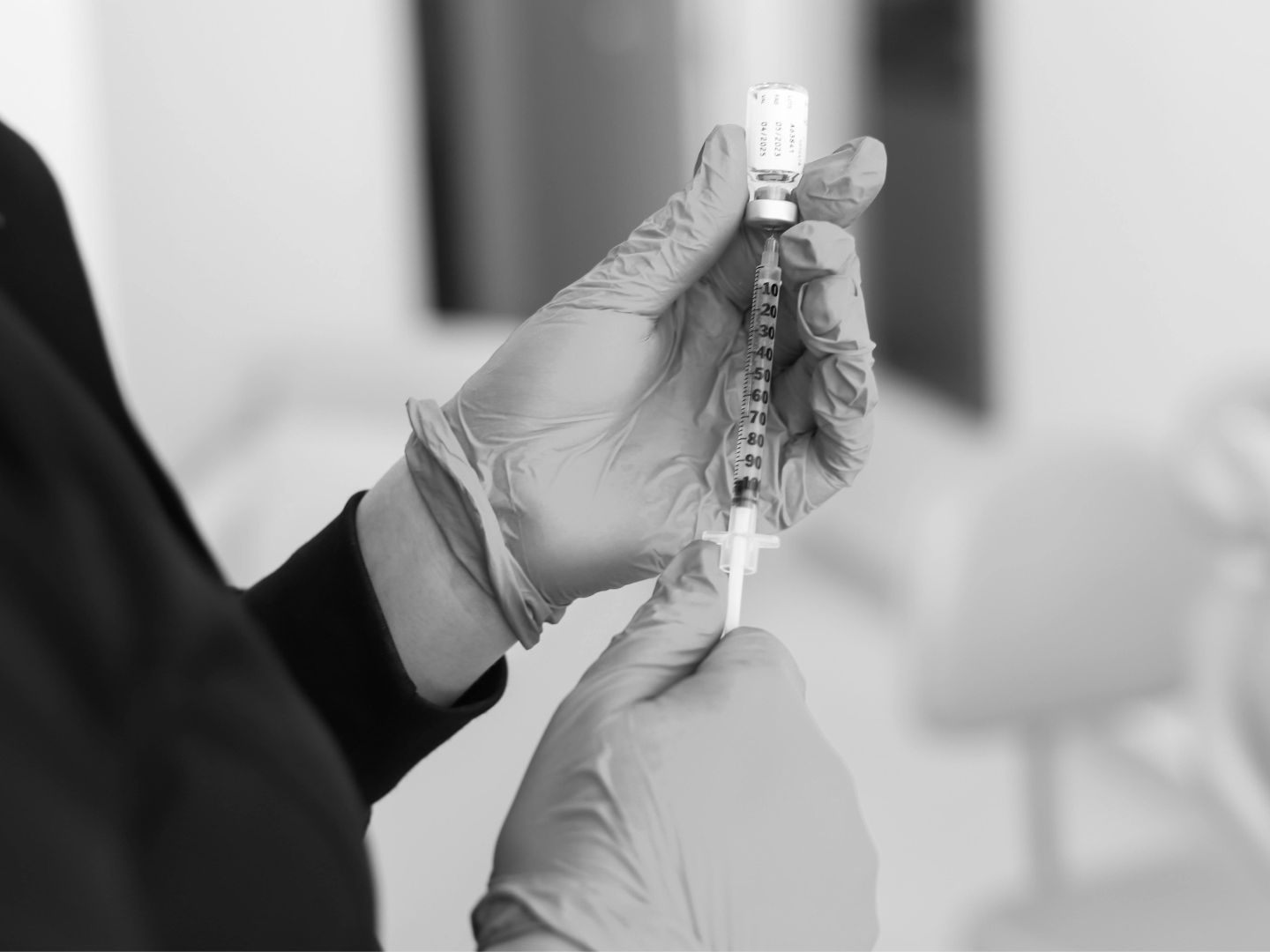High Number of Unreported Cases Suspected in Illegal Beauty Procedures

Botox and filler treatments are becoming increasingly popular in Austria. Not everyone interested turns to specialists. Johannes Matiasek, deputy chairman for the department of plastic surgery of the Vienna Medical Association, estimated the number of illegal procedures as "not low," and the city of Vienna also assumes a "lively offer." Recently, an illegal beauty "clinic" in Vienna was uncovered, with the police reporting over 500 clients.
Number of Illegal Beauty Procedures According to Specialist "Not Low"
According to the city of Vienna, around 30,000 to 100,000 aesthetic procedures are performed annually in Austria. A distinction is made between treatments and surgical procedures, explained Matiasek, a specialist in plastic, reconstructive, and aesthetic surgery, to the APA. The most common treatments are those with botulinum toxin (better known as Botox) and hyaluronic acid (fillers), and treatments for skin rejuvenation with lasers or autologous blood therapy, sometimes referred to as "vampire lifting," are also popular. The most common surgical procedures are liposuctions, breast augmentations, eyelid lifts, and nose corrections.
The increase in their popularity is also reflected in consumer spending: In 2024, 172 percent more was spent on beauty procedures than ten years earlier, as figures from the market research company RegioData showed last year. In absolute terms, however, the average expenditure for this was still low at 68 euros per person per year.
Illegal "Clinics" Uncovered in Vienna
How many illegal beauty clinics are operated or how many treatments are performed illegally is unclear. The Vienna State Police Directorate stated that no statistical evaluation is carried out on this. According to plastic surgeon Matiasek, the "number of illegally performed procedures," for example in cosmetic studios, is likely "not low." However, specific figures are not available. Kristina Hametner, head of the Vienna Women's Health Program, sees it similarly: "Based on anecdotal evidence, we assume that there is a lively offer in Vienna," she told the APA. She estimates the problem of illegal treatments, especially with Botox and fillers, as "very extensive."
Exchanges with experts and media research support this assumption. This year, two cases of illegal "clinics" made headlines: Just last week, one was uncovered in Vienna-Simmering. In a former dermatological practice, various aesthetic-medical procedures such as Botox and filler treatments were offered without permission. Data from at least 500 clients were secured from documents on site, a police spokeswoman said on Tuesday in response to an APA inquiry. In February, a case of a 35-year-old amateur surgeon became public: The Georgian doctor severely injured a patient during an illegal beauty operation in an apartment in Vienna-Landstraße.
Campaign to Inform Patients About Risks
As with all medical procedures, aesthetic treatments can also lead to complications, although the complication rate here is "very low" according to Matiasek - provided the procedures are carried out according to recognized professional standards and rules. The Vienna Patient Advocacy reports about 20 to 30 cases of failed procedures or treatments annually, as recently reported by the Ö1-Morning Journal. Patients complain of allergic reactions to infections following breast surgeries.
The city of Vienna launched a campaign in June to highlight the associated risks. According to campaign leader Daniela Thurner, the reason is the "still increasing popularity of these procedures. Especially minimally invasive methods with fillers and Botox are heavily advertised and are becoming interesting for ever younger target groups, as studies like those from Safer Internet show." There is a lot of unreliable or incomplete information, especially on social media, it was said to the APA. The goal is for interested parties to make an informed decision, be aware of the risks, and know their rights as patients.
Beauty procedures are particularly dangerous when performed by unqualified individuals. These often offer fillers, Botox, and the like at low prices. In Austria, only trained specialists are allowed to perform aesthetic treatments. "Treatments in beauty salons by non-medical personnel are prohibited in Austria, but are often offered and are dangerous because these individuals do not have the appropriate training and cannot treat resulting complications," Matiasek told the APA.
Check Doctors' Qualifications in Advance
Anyone deciding on an aesthetic procedure or treatment should check the specialist training of the treating person, advised Matiasek. Specialists in Plastic, Reconstructive, and Aesthetic Surgery are definitely qualified. Patients can retrieve the designation from the respective medical association. "Terms like beauty doctor or cosmetic surgeon do not constitute proof of qualification."
"Serious doctors provide transparent information in layman's terms about expected side effects, the risk of complications, and possible long-term consequences," added Alexandra Münch-Beurle, co-leader of the Vienna Women's Program campaign. Patients should also demand this. Warning signs, on the other hand, are very low prices, special offers, or express treatments.
Even if risks are downplayed or questions about training or practice are not answered, alarm bells should ring for those interested. "Treatments abroad pose additional risks due to different legal situations, language barriers, often lacking aftercare, and even more difficult possibilities for checking trustworthiness," said Münch-Beurle. Additionally, patients should consider that they must first organize further treatment in case of complications.
(APA/Red)
This article has been automatically translated, read the original article here.





